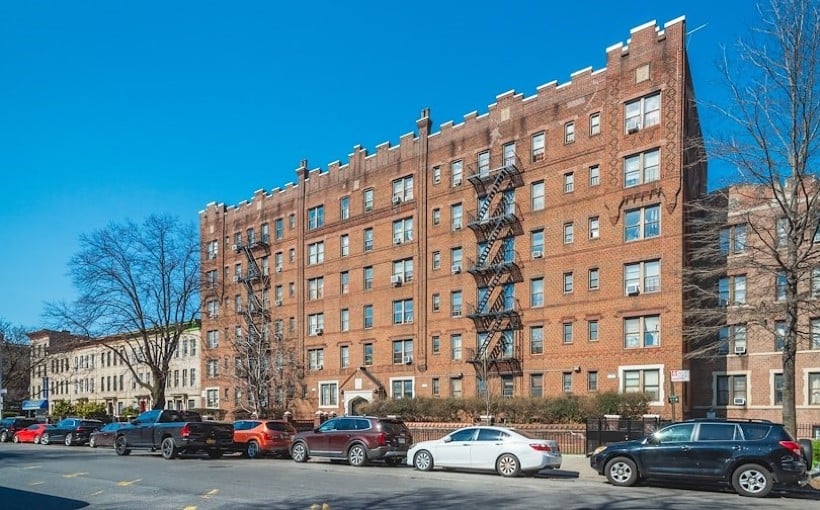Last week, the stock market experienced a significant decline, causing alarm and generating sensational headlines. CNBC reported that the Dow had tumbled 1,000 points and the S&P 500 had its worst day since 2022 in a global sell-off. The Washington Post also noted that fears of a slowing U.S. economy were driving this action.
In light of these events, U.S. News Money posed the question: “Will the Stock Market Crash in 2024?” However, less than a week later there seems to be some reversal happening as consumer price index data was released showing an annual increase in inflation of only 2.9%. This seemed to perk up stock markets according to Kevin Thorpe , Chief Economist at Cushman & Wakefield who explained that while important, stocks are not always reliable predictors for both economy and property sector.
Looking back at history
Back in 1966 MIT economist Paul Samuelson famously said that “the stock market has predicted nine out of five recessions.” Almost six decades later Thorpe acknowledged this apparent slowdown is partly due to weaker-than-expected July job report which caused panic selling.
However during his recent presentation titled “Behind The Numbers,” Thorpe stated from commercial real estate perspective things are going as expected with one exception – oversubscription on belief we would get through restrictive policy period without any weakness percolating through labor markets which he deemed unrealistic .
“We needed economic growth along with slower labor markets but not crashing ones,” commented Thorpe adding it’s all happening now . He further explained how even sell-offs from record highs can have positive effects by reducing wealth effect leading people into spending less resulting into lower prices thus reduced inflation giving Federal Reserve confidence for cutting Effective Federal Fund Rate (EFFR).
What does it mean for CRE?
Thorpe emphasized how crucial EFFR cuts will be towards stronger recovery especially when it comes down capital markets . As federal fund rate declines it will eventually trickle down to lending rates potentially lowering overall cost of capital and encouraging investment along with development.
However, Thorpe also warned that economic slowdown won’t be comfortable. “It will get increasingly uncomfortable in the coming months, but it’s necessary,” he explained. Assuming there is no recession this should be seen as a positive for commercial real estate because now path towards cutting (interest) rates is more visible .




